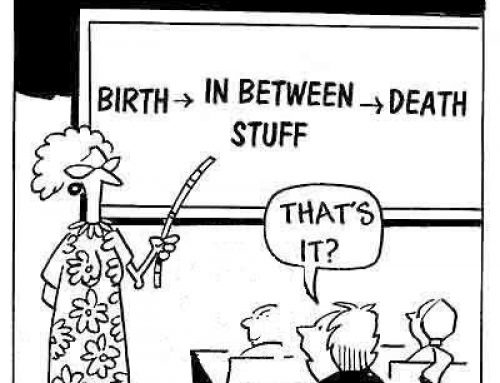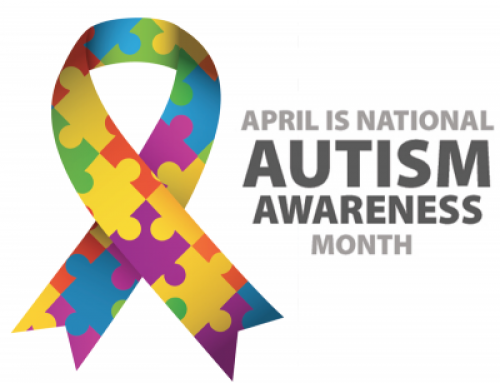By Inderjeet Kaur
The Alberta government and the Canadian Mental Health Association are being sued by the family of a woman who was killed by a “mentally ill client” over two years ago. Should this raise concerns for people working with clients who have mental illnesses? And if these concerns are raised, are we just furthering the discourse of ‘the mentally ill” being violent?
The family of the caregiver, Valerie Diane Volski, state that she was not informed of the client’s history of “psychotic episodes accompanied by violent rages and assaults and attacks on other individuals,” and hence she blindly entered the client’s home to provide “one-on-one mental health care.” The defendants state that if she had known about the client’s violent behaviour, which was rated as Major Level 4 on a scale of 1 to 5, she would not have entered the client’s home to provide personal care. They state that proper workplace safety policies were not implemented.
Occupational Health and Safety in occupations that serve people with various forms of psychological illness involves another dimension of safety, which is mental health safety.
A study published in the North American Journal of Psychology emphasizes the perceptions and attitudes of community mental health centre employees as integral to ensuring safe work conditions to these workers, who are at a greater risk of injury and threat posed by patients’ psychological states and past criminal history. The study, titled “Attitudes and Perceptions of Work Safety Among Community Mental Health Workers,” found that the “frequency of threats and assaults were significantly related to their [Community Mental Healthcare Workers] attitudes towards safety.” This is so because those employees who perceive some patients as more violent may increase the tendency for those patients to become violent, and the workers may do so unintentionally.
While recognizing this dimension of Occupational and Health and Safety in mental healthcare centers, it is also important to recognize the discourse of attaching violent behaviour to the “mentally ill.” Implementing mental health safety does not further the discourse as it applies to environments that provide healthcare to those who have severe and debilitating psychological illnesses, such as psychosis, and hence require additional safety policies for the workers and the patients. Only a small amount of people with mental illness have a greater tendency to be violent, and this is something that needs to be stressed openly and repeatedly.
Sources:
Hughes, A., Gilmour, N.
2010
Attitudes and Perceptions of Work Safety Among Community Mental Health Workers. North American Journal of Psychology(12. 1): 129-144.
Cormier, Ryan
2013
Alberta government sued over death of Camrose caregiver. Edmonton Journal. [Online document]. [Updated February 14, 2013, cited February 15, 2013]. Available: http://www.edmontonjournal.com/health/Alber


























